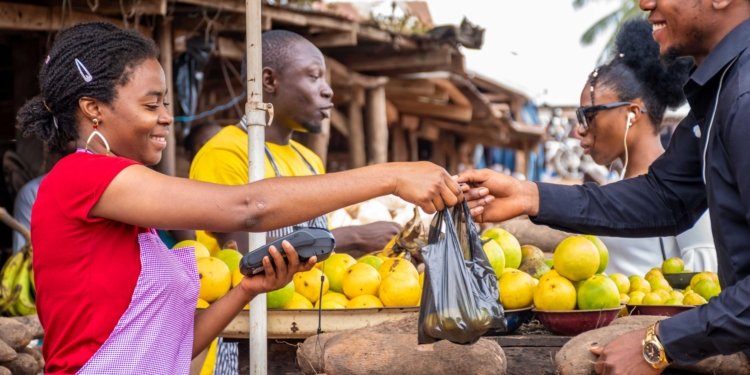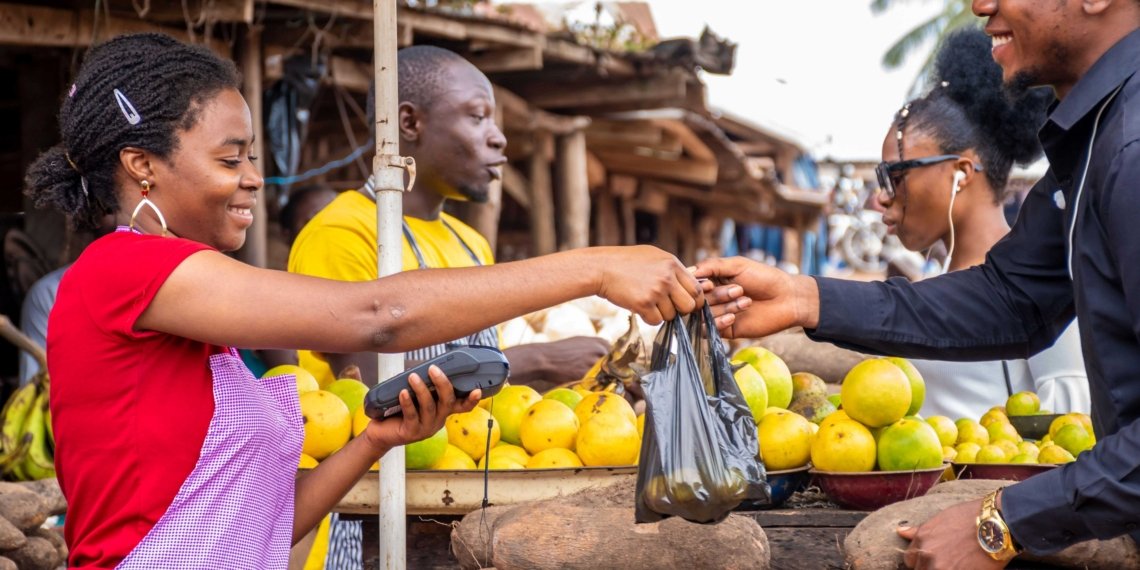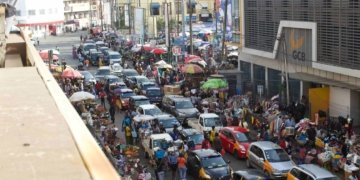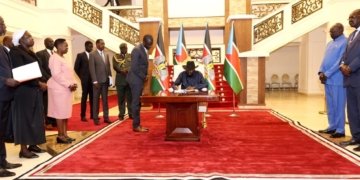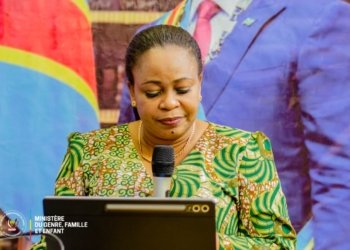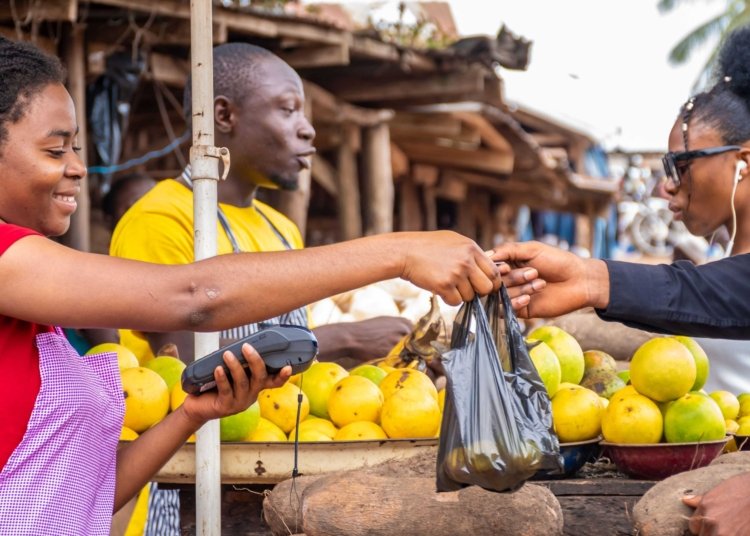Nigeria’s inflation rate dropped to 18.02% in September, its lowest level in more than three years, as food prices eased and a change in the way inflation is calculated took effect.
The National Bureau of Statistics said on Wednesday that inflation slowed from 20.12% in August, and from 32.70% a year earlier. The month-on-month rate also fell slightly, to 0.72% from 0.74% in August.
The slowdown comes partly from a statistical adjustment. Nigeria updated the base year for calculating the Consumer Price Index (CPI) to 2024, which makes current inflation look lower when compared to the past.
The report acknowledged the impact, saying, “The significant decline in the annual food inflation figure is technically due to the change in the base year.”
Still, some real price relief was recorded. Food inflation, which affects most households, dropped to 16.87%, down from nearly 38% a year ago.
Month-on-month, food prices actually fell by 1.57%, helped by lower costs for staples like maize, beans, tomatoes, and onions.
Urban inflation stood at 17.50%, while rural inflation was slightly higher at 18.26%.
The CPI, which tracks the overall price of goods and services, rose to 127.7 in September, from 126.8 in August. That means prices are still rising, but more slowly.
The inflation report comes as Nigeria faces broader economic challenges, including fuel subsidy cuts, currency volatility, and rising living costs. But the latest figures suggest inflation may be stabilizing heading into the final quarter of the year.
ABUJA, Nigeria – Bantu Gazette
